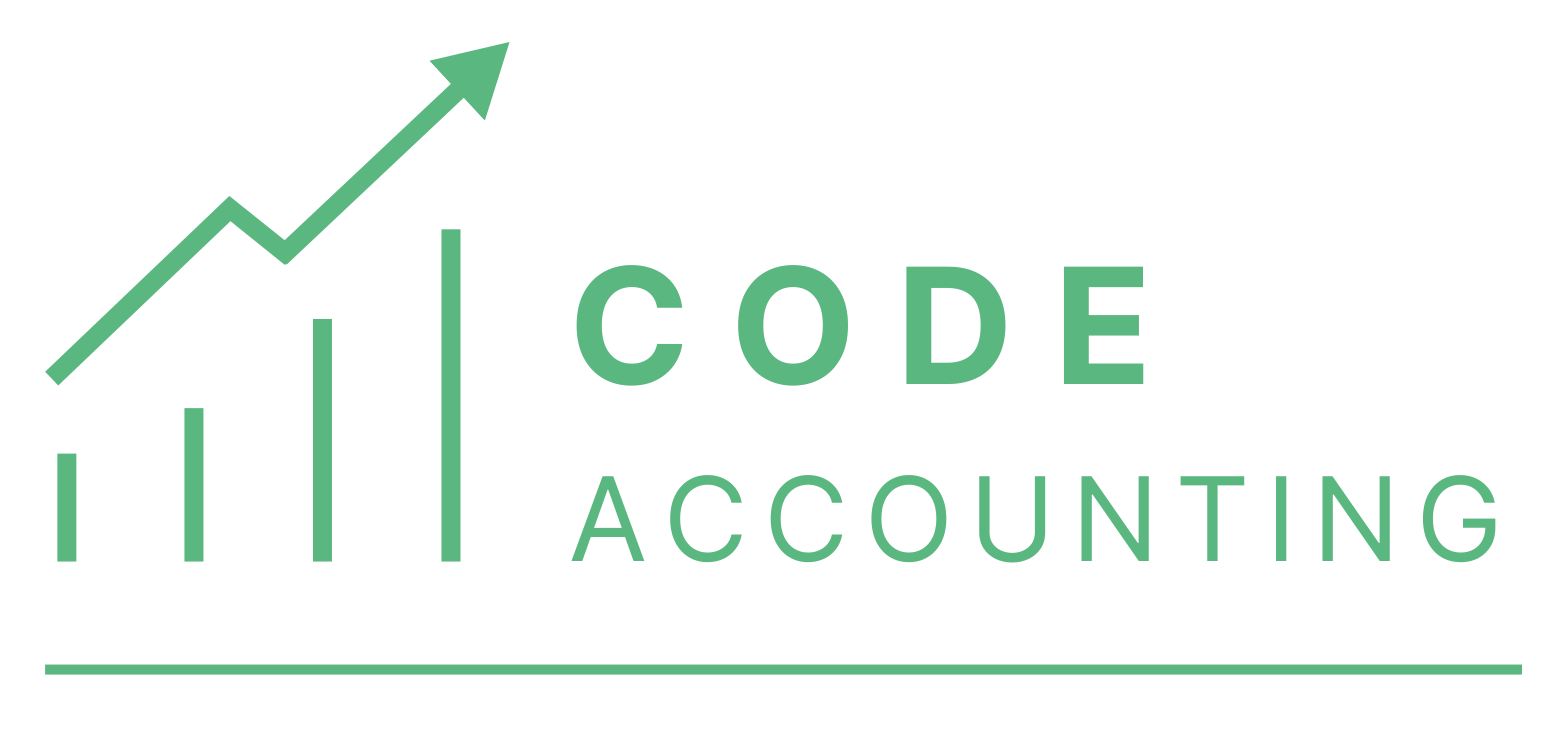For the 2020 tax year, the IRS has implemented a new rule requiring that nonemployee compensation of more than $600 paid by a business, including payments to attorneys, over the course of a year must be made on a Form 1099-NEC. Those payments had previously been reported on the Form 1099-MISC.
The payments that must be reported on a Form 1099-NEC include:
- Payments to attorneys;
- Payments for services performed by a non-employee; and
- Cash payments for fish (or other aquatic life) purchased from a fishing business.
Additionally, a taxpayer will be required to file a Form 1099-NEC to report direct sales of at least $5,000 of consumer products to a buyer to resell at a location that is not a permanent retail establishment.
IRS Has Laid Out Specific Rules for Payments to Attorneys
The IRS’s recently issued instructions for Forms 1099-NEC and 1099-MISC specifically address the reporting of payments to attorneys. The IRS says that the term “attorney” includes law firms and other providers of legal services. It explains that attorney’s fees of more than $600 made during the course of a trade or business must be reported in box 1 of Form 1099-NEC.
However, gross proceeds of $600 or more paid to attorneys must still be reported in box 10 of Form 1099-MISC. The IRS considers gross proceeds to be the following:
- Payments made to an attorney in the course of a taxpayer’s trade or business that are connected to legal services, but are not payments for the services of an attorney. For example, payments made to an attorney as part of a settlement agreement.
- Payments that the taxpayer cannot report in box 1 of Form 1099-NEC.
Finally, the exemption from 1099-MISC reporting for payments made to corporations for legal services does not apply when the payment is made to an incorporated lawyer or law firm. That means businesses must report those payments on either the Form 1099-NEC (attorney’s fees) or Form 1099-MISC (gross proceeds).
The 2020 Forms 1099-NEC must be filed with the IRS by January 31, 2021.
No Requirement to Report Claimant’s Attorney Fees
The IRS said that, as a general rule, a claimant’s (plaintiff’s) attorney’s fees need not be reported. For example, it said that if an insurer paid the claimant’s attorney $100,000 to settle a claim the insurance company must report the payments as gross proceeds on a Form 1099-MISC, but the insurer has no obligation to report the attorney’s fees the claimant subsequently pays from the settlement amount.
Those rules apply whether or not the following are true:
- The legal services were provided to the party making the payment;
- The attorney, the claimant and any other parties were paid with a single check; or
- Other information returns are required for the payment under other sections of the Internal Revenue Code.
The IRS used the following example to help explain: A person paid $600 in taxable damages to a claimant in the normal course of business by paying over that amount to the claimant’s attorney. That person would be required to do the following:
- Provide the claimant with a Form 1099-MISC reporting damages (generally in box 3); and
- Provide a Form 1099-MISC to the claimant’s attorney reporting gross proceeds paid in box 10.
Attorney 1099-MISC Filing Requirements
In addition to receiving Forms 1099-NEC and 1099-MISC from clients, attorneys are also required to file information returns for payments that they have made in the normal course of business. As a general rule, a Form 1099-MISC is necessary for any payments to an independent contractor who operates as a sole proprietor or member of a partnership $600 or more during the course of a year.
Payments that are made to corporations need not be reported on a Form 1099-MISC unless they are made to lawyers who have incorporated or doctors who have provided professional services. Payments for merchandise, inventory, freight, storage and similar items also need to be reported. Finally, rent payments made to real estate agents are not reportable even though the agent is required to file a Form 1099-MISC when paying the rent over to the property owner.




